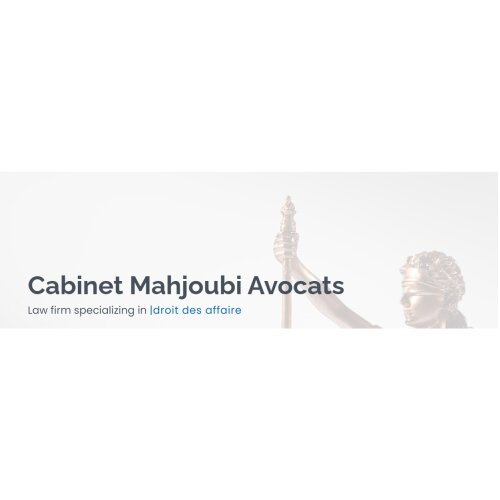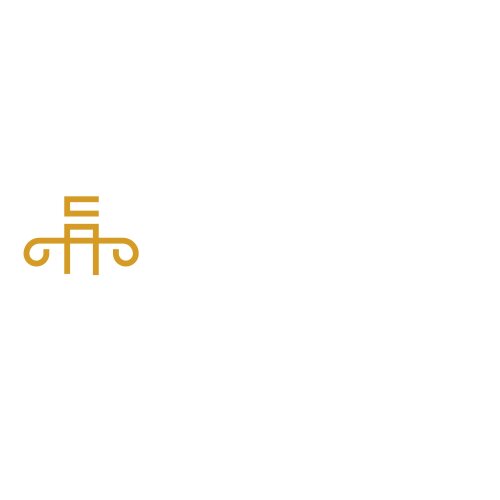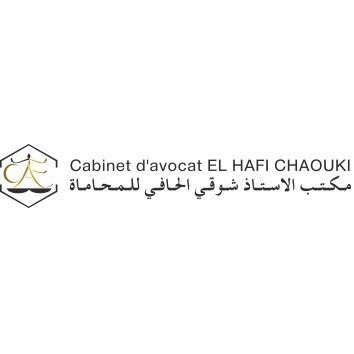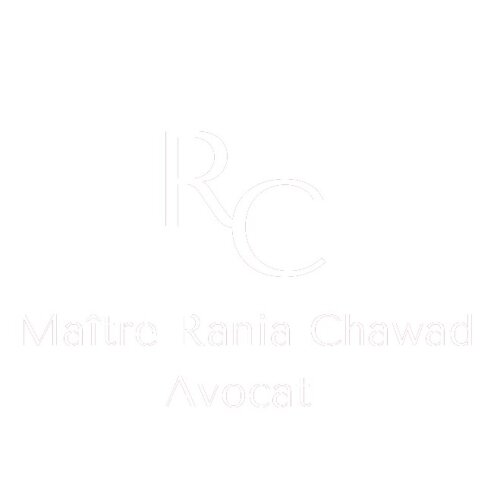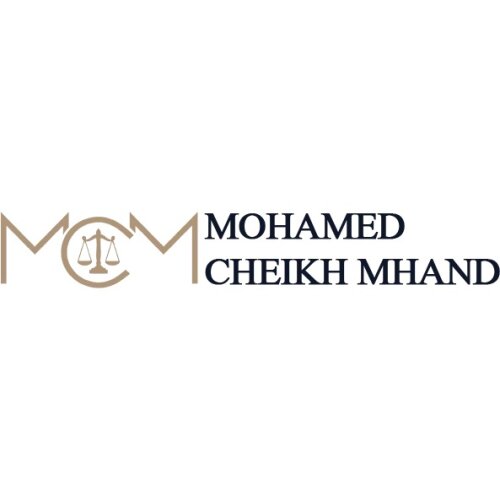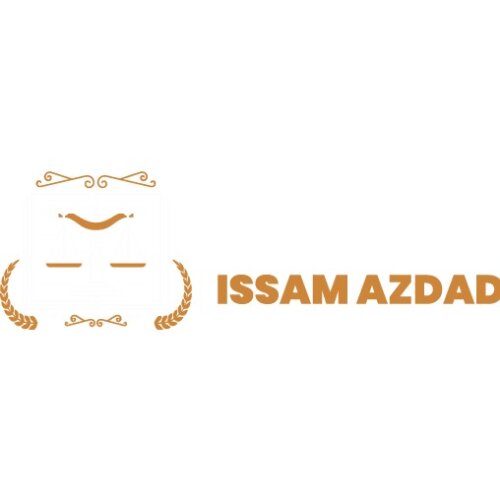Best Water Law Lawyers in Tangier
Share your needs with us, get contacted by law firms.
Free. Takes 2 min.
List of the best lawyers in Tangier, Morocco
About Water Law in Tangier, Morocco
Water Law in Tangier, Morocco, refers to the body of laws, regulations, and policies that govern the use, management, conservation, and distribution of water resources in the region. As an important coastal city with a growing population and economic activity, Tangier faces unique challenges when it comes to water supply, water rights, wastewater management, and protection of water quality. Moroccan Water Law is based on national statutes-especially Law 36-15 on water-which sets the framework for water management across the country, including specific provisions for urban and rural settings like Tangier. Local authorities, water agencies, and government ministries collaborate to ensure sustainable and equitable access to water, while balancing agricultural, industrial, and domestic needs.
Why You May Need a Lawyer
Legal issues involving water resources can be complex and may impact individuals, businesses, farmers, real estate developers, and community groups. Here are common situations where you may require the help of a lawyer specializing in Water Law in Tangier:
- Disputes over water rights or allocation between neighboring properties
- Questions about permits for water wells or new construction projects
- Legal requirements for water use by agricultural enterprises
- Issues of water pollution or contamination affecting personal or public health
- Challenges with accessing clean or sufficient water supply
- Compliance with environmental regulations for businesses
- Cases involving unauthorized discharge of wastewater or effluents
- Negotiating contracts related to water supply or infrastructure development
- Representing community associations in water-related public interest cases
A Water Law lawyer can help you understand your rights, interpret complex regulations, and represent your interests in negotiations or legal proceedings.
Local Laws Overview
The core legal framework for water management in Tangier and across Morocco is established by Law 36-15 on Water, adopted in 2016. This law outlines the principles of integrated water resources management, the importance of protecting water supplies, and the roles of government bodies. Some key aspects relevant to Tangier include:
- Water Use Rights: Water in Morocco is considered a public resource. Its use is subject to permits and licensing, especially for extraction from rivers, wells, or boreholes.
- Management Agencies: The Basin Agency of Loukkos manages regional water issues, including in Tangier. Local municipalities also play a role in distribution and sanitation.
- Permitting and Compliance: Projects such as construction, irrigation, or industry must comply with environmental impact assessments and strict issuing of water permits.
- Pollution Control: Discharging pollutants into natural water sources without authorization is strictly prohibited and can result in administrative and criminal penalties.
- Public Participation: The law promotes public engagement in water management, allowing affected citizens or associations to participate in environmental impact consultations.
- Tariffs and Fees: Water use is subject to pricing and fees, particularly for industrial and agricultural consumers, to encourage conservation and fund infrastructure improvements.
Local regulations in Tangier may introduce additional rules according to urban development plans, infrastructure projects, and specific needs of coastal communities.
Frequently Asked Questions
What permits do I need to drill a water well in Tangier?
Drilling a water well requires prior authorization from the Basin Agency of Loukkos. The process includes submitting technical documents, conducting environmental impact studies, and meeting legal requirements outlined by Law 36-15.
Can individuals own water resources in Tangier?
Water resources are public property in Morocco. Individuals and organizations cannot privately own water, but they can obtain usage rights through government-issued permits.
How does the law protect drinking water quality?
Moroccan law sets strict water quality standards for potable water. Authorities monitor public water supplies to ensure compliance. Polluting drinking water sources is a criminal offense, and violators can face penalties.
What should I do if my property’s water supply is disrupted?
If you experience interruption or contamination of your water supply, contact the local water distribution company and municipal authorities. If the issue persists or is due to negligence or unlawful actions, seek legal advice to explore further remedies.
How are water rights allocated between neighbors?
Allocation of water rights is regulated and prioritized according to public needs, agricultural requirements, and existing permits. Disputes can be resolved through mediation or, if necessary, legal action in the courts.
Are there restrictions on irrigating agricultural land?
Yes, farmers must obtain permits for irrigation, comply with water use quotas, and follow best practices to prevent overuse or pollution. The authorities can inspect and regulate agricultural water use.
What are penalties for illegal water extraction or pollution?
Penalties for unauthorized water extraction or introducing pollutants into water sources may include fines, compensation for damages, and even imprisonment, depending on the severity of the violation.
Is it possible to challenge a water usage decision made by authorities?
Yes, beneficiaries or affected parties may appeal decisions related to water permits, allocation, or tariffs. This can be done administratively or through legal proceedings in competent courts.
How can a business comply with water and wastewater regulations?
Businesses must secure necessary permits, regularly monitor water usage, treat any wastewater before discharge, and keep records for inspections. Non-compliance can result in fines or suspension of operations.
Are there legal protections for public participation in water management?
Law 36-15 encourages public involvement, including the right to access information, participate in public hearings on major projects, and contribute to policy development regarding water resources.
Additional Resources
If you need more information or assistance regarding Water Law in Tangier, the following resources are available:
- Basin Agency of Loukkos (Agence du Bassin Hydraulique du Loukkos): Responsible for water resource management in the Tangier region.
- Ministry of Equipment and Water (Ministère de l’Equipement et de l’Eau): National authority overseeing water governance and regulation.
- Local Municipalities: Provide information on local water distribution, tariffs, and community projects.
- Moroccan Association for Water and Sanitation (Association Marocaine de l’Eau Potable et de l’Assainissement): Offers technical resources and public outreach on water issues.
- Environmental Legal Aid Groups: Some local and national NGOs offer legal support and advocacy for water-related public interest cases.
Next Steps
If you need legal assistance with a water law issue in Tangier, consider the following steps:
- Identify the specific water-related legal issue you are facing-such as permitting, disputes, enforcement, or compliance.
- Gather all relevant documents, permits, and evidence related to your case.
- Contact a lawyer specializing in Water Law or administrative law with experience in the Tangier region.
- Consult the recommended resources and reach out to governmental or non-governmental bodies for preliminary guidance.
- Be proactive in engaging with local authorities and stakeholders to seek resolution or clarification before resorting to formal legal action.
- Stay informed about legal obligations and rights concerning water to prevent future issues.
Timely legal advice can help you safeguard your rights, comply with regulations, and ensure responsible water usage in Tangier, Morocco.
Lawzana helps you find the best lawyers and law firms in Tangier through a curated and pre-screened list of qualified legal professionals. Our platform offers rankings and detailed profiles of attorneys and law firms, allowing you to compare based on practice areas, including Water Law, experience, and client feedback.
Each profile includes a description of the firm's areas of practice, client reviews, team members and partners, year of establishment, spoken languages, office locations, contact information, social media presence, and any published articles or resources. Most firms on our platform speak English and are experienced in both local and international legal matters.
Get a quote from top-rated law firms in Tangier, Morocco — quickly, securely, and without unnecessary hassle.
Disclaimer:
The information provided on this page is for general informational purposes only and does not constitute legal advice. While we strive to ensure the accuracy and relevance of the content, legal information may change over time, and interpretations of the law can vary. You should always consult with a qualified legal professional for advice specific to your situation.
We disclaim all liability for actions taken or not taken based on the content of this page. If you believe any information is incorrect or outdated, please contact us, and we will review and update it where appropriate.




